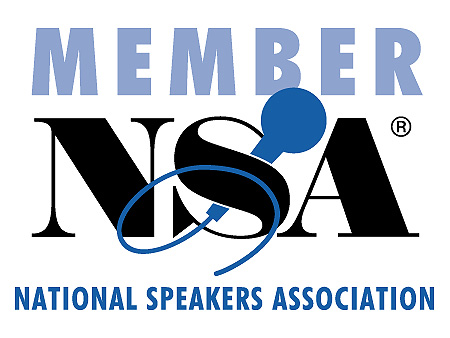 Send to Kindle
Send to KindleThe Fortune Best Companies to Work For List – Why are They the Best?
Once again Fortune magazine has published its list of the 100 Best Companies to Work For. Google replaced SAS Institute in the number 1 slot. There are some pretty impressive stats; companies who have never laid off employees, those with some pretty impressive compensation and incentive packages, and quite a few that are currently hiring. Amongst all that, there are two points that jump out; at least they did for me.
First, where something besides compensation and incentives was mentioned it was that employees are treated as an important part of the team. They feel their input is valued and they have plenty of opportunity to learn, grow, and succeed. These companies understand how to help employees realize their own motivation and they are better for that understanding.
The second point concerns me though. In the short write-ups about the companies on the list, the overwhelming subject matter is incentives. Do people really work for Starbucks to get free coffee? Would you be happy at Perkins Coie because they throw frequent parties? Are you ready to drop your current job to work for Autodesk because they let you bring your dog to work? Probably not.
How does Fortune arrive at the determination that these are the best companies to work for? They partner with the Great Place to Work Institute (www.greatplacetowork) which, according to their website, has produced an extensive survey that touches on a wide variety of subjects and issues that affect the workplace. Compensation and incentives are part of that survey but there is much more; I’m impressed with the emphasis on trust. That leads me to believe the results are most likely legitimate and reflect what I would consider the real reasons employees like their companies.
So why does Fortune tout the money, while paying less attention to more important issues? Well they are a magazine and they need readers and subscribers to stay in business. And that brings me to the big question. Since Fredrick Herzberg first published what is known as his Motivation-Hygiene Theory, it is been proven time and again that pay, benefits, working conditions, etc are not motivators. Is that changing? Are such things starting to actually become motivators? The underlying survey would indicate not, but the need to use such factors to capture readership makes me wonder.
Thanks to Fortune and the Great Place to Work Institute for this annual report. For anyone who is serious about leading people and creating great companies like this, please study the websites (the article can be found at www.fortune.com/bestcompanies) and the companies themselves to learn more than the short bit in the magazine.



